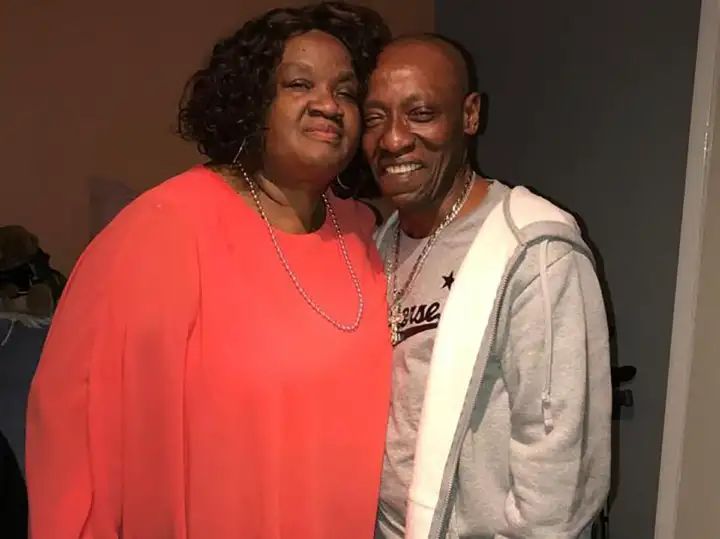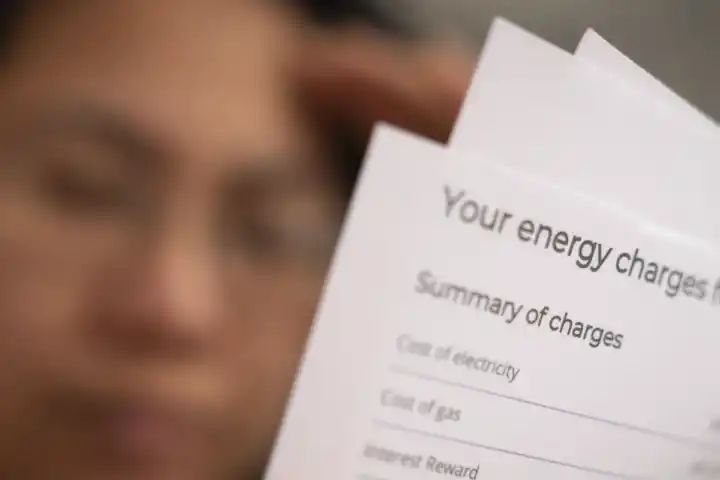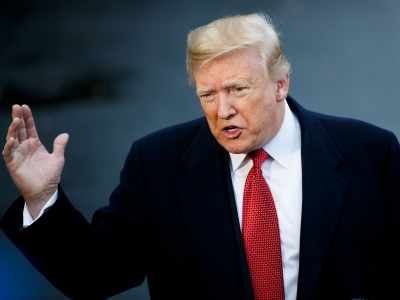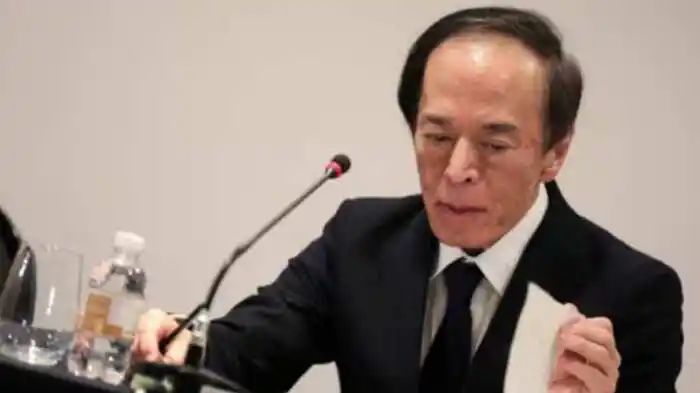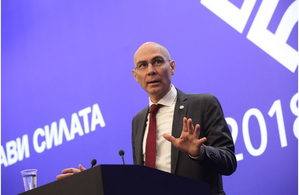When is the Russian presidential election and how does it work?
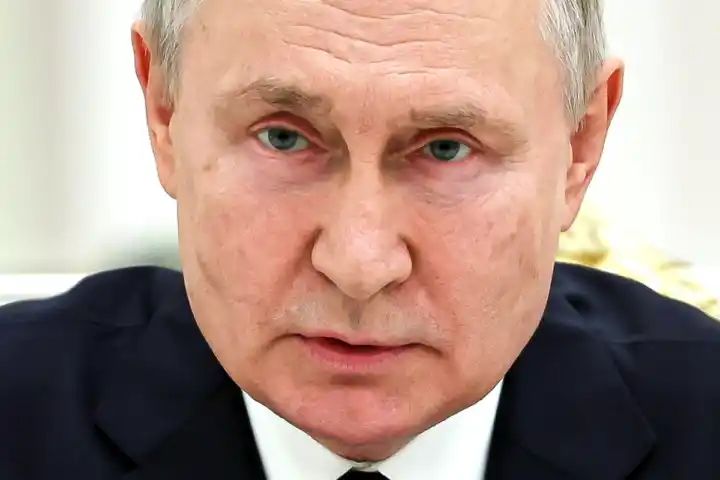
Millions of Russian citizens will head to the polls this weekend in an election widely expected to confirm Vladimir Putin’s presidency for at least another six years.
The election, which will take place in parts of Ukraine now controlled by Russian forces, will see citizens choose between four candidates including Mr Putin between 15 and 17 March.
But with the election and candidates tightly controlled by the Kremlin, is the Russian election rigged, how does it work and what does it mean for Putin? The Independent has put together all you need to know below.
When is the election?
The Russian presidential election will be held between 15 March and 17 March. Results will follow shortly afterwards and the winner will be inaugurated in May.
Voting will also take place in what Russia calls its new territories – parts of Ukraine now controlled by Russian forces that have been placed under Russian law.
A remote online voting system will be available for the first time in a Russian presidential election. There are 112.3 million people with the right to vote in the election.
The Russian population is around 143.4 million. Around 70-80 million people usually cast ballots. Turnout in 2018 was 67.5 per cent.
How does the election work?
Russian politics professor Samuel Greene, of King’s College London, explained getting onto the ballot was a complicated process controlled by the Kremlin which sees genuine Putin critics barred.
He told The Independent: “Getting on to the ballot is a complicated process. Parties that have representation in parliament have guaranteed access to the ballot.
“Everybody else has to go through a system of petitions and collecting tens of thousands of signatures that have to be verified.
“The government authorities invariably find problems with the signatures that have been collected by genuine opposition candidates.”
Is the election rigged?
Prof Greene added that all parties are vetted by the Kremlin in an illegal process separate to the Central Election Commission, which checks regular conditions like nationality and criminal records.
“All parties that are able to function in Russia are coordinated by the presidential administration. Candidate lists are vetted by the Kremlin; fundraising is both limited and enabled by the Kremlin,” he said.
He explained Russian candidates are only allowed to campaign within red lines set by Putin and don’t really expect to win the election – which means they won’t say anything too controversial like criticising the war in Ukraine.
“The opposition candidates are being careful not to be any more aggressive than Putin is in his campaigning. They don’t really expect to win,” he said.
Who are the candidates?
There are four candidates that have been vetted by the Kremlin and who are on the ballot for this year’s Russian presidential election.
Vladimir Putin
In charge of all the levers of state, incumbent Vladimir Putin, 71, is expected to easily win a landslide victory and another six-year term.
Nikolai Kharitonov
A 75-year-old member of Russia’s lower house of parliament, the State Duma, Kharitonov is the official candidate of the Communist Party, whose candidates have finished a distant second to Putin at every election since 2000.
Leonid Slutsky
A senior member of the State Duma, Slutsky, 56, is the leader of the ultra-nationalist Liberal Democratic Party of Russia (LDPR).
Vladislav Davankov
Davankov, 40, is deputy chairman of the State Duma and lawmaker for the New People political party. He has received state awards from Putin in the past.
What does the election mean for Putin?
Prof Greene explained the elections are designed to give an air of legitimacy to Vladimir Putin and Russia’s political system without alienating the majority of Russians.
“The Kremlin knows there are people in Russia who won’t vote for Putin,” Prof Greene said. “But it would rather people vote for a candidate and party that is controlled by the Kremlin and can be relied on not to cause problems, instead of people becoming disaffected and protesting for broader change.
“They want people to feel like they have a voice in the system and have somebody they can vote for so they lost the election fair and square.”
The glide bombs changing the face of the war on Ukraine’s eastern front lines
Moldova faces multiple threats from Russia as it turns toward EU membership, foreign minister says
Who are the Russian dissidents still serving time after Alexei Navalny died behind bars?
